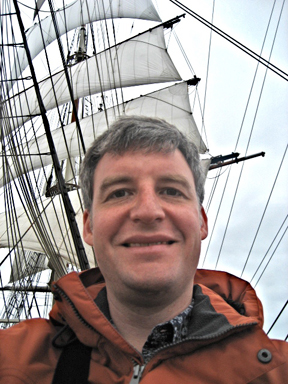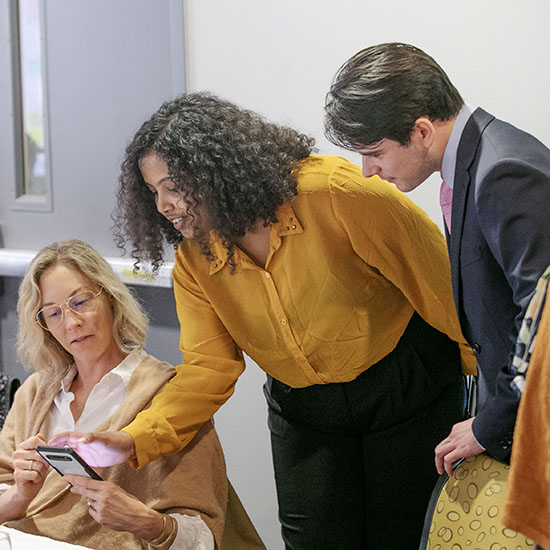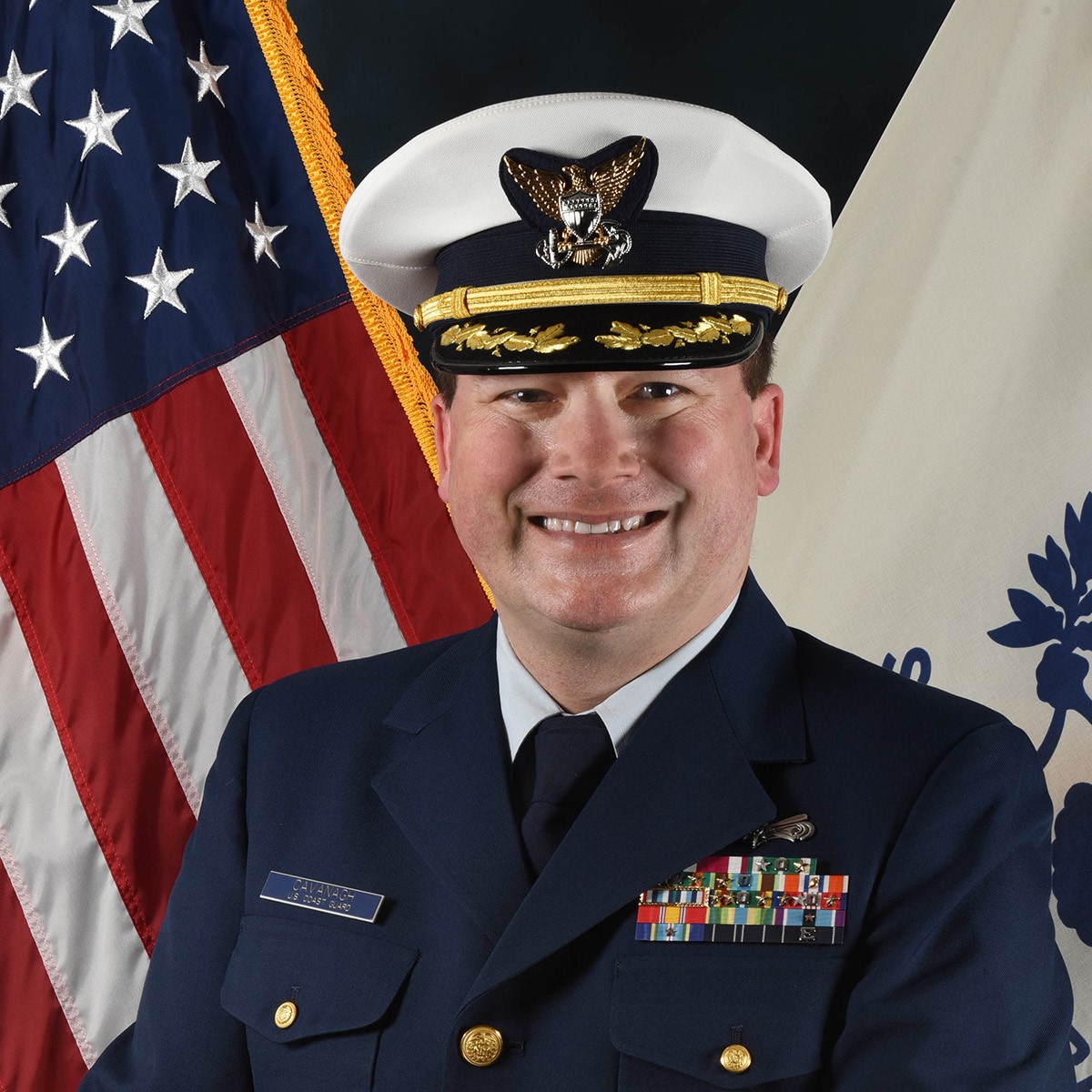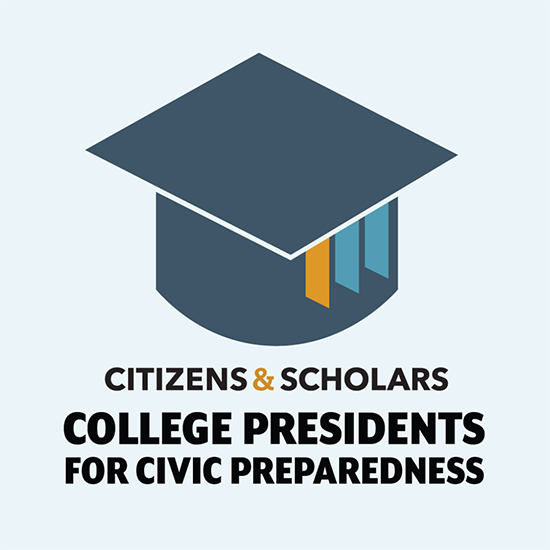Easter Island 'ecocide' to be lecture topic

Greg Cushman
"Environmental Portents, Peruvian Enslavement, and the Extinction of Easter Island's Birdmen, 1862-1888," is the title of a talk to be presented Tuesday, Oct. 5, by Greg Cushman, a University of Kansas historian.
Free and open to the public, the lecture will begin at 7 p.m. in Emerson Auditorium,
Palamountain Hall. Sponsors of the event are the Latin American Studies and Environmental
Studies programs.
Greg Cushman is assistant professor of International Environmental History at the
University of Kansas. He has an ongoing fascination with the ecological importance
of "all things foul and ugly, all creatures short and squat."
His talk will focus on the Rapanui, notorious for their destructive treatment of the environment of Easter Island. But little-used oral histories from Rapanui elders from the mid-19th century demonstrate that this indigenous people had developed an elaborate ecological understanding of and adaptation to their isolated home and its difficult environment.
A La Nina event during the U.S. Civil War brought severe drought to the Central Pacific and mobilization of migrant peoples and organisms across much of the earth. Several indications, including reconstruction of 1862 celestial portents visible to the Rapanui, suggest that many left Easter Island by choice, bringing slave traders and epidemic disease in their wake. These circumstances compel us to reconsider the usual explanations for Easter Island's colonization, including self-induced "ecocide" and illustrate, more broadly, the significance of Latin America's historical membership as part of the Pacific World.
Cushman, who earned his doctoral degree at the University of Texas, Austin, is the author of Guano & the Opening of the Pacific World: A Global Ecological History (Cambridge U. Press, 2011). The book demonstrates that marine bird excrement lies at the root of modern existence and profoundly influenced the Pacific Ocean's incorporation into global history, from New Zealand and Australia's rise to First World status, and the identify of several indigenous Pacific peoples.
He teaches ecological history from a big history perspective, transcending traditional geographical and temporal disciplinary boundaries. He currently researches the history of international understanding of the El Ni o phenomenon, and its invention as a global disaster, and is engaged with KU's NSF-funded C-CHANGE IGERT program, focused on human dimensions of climate change.


